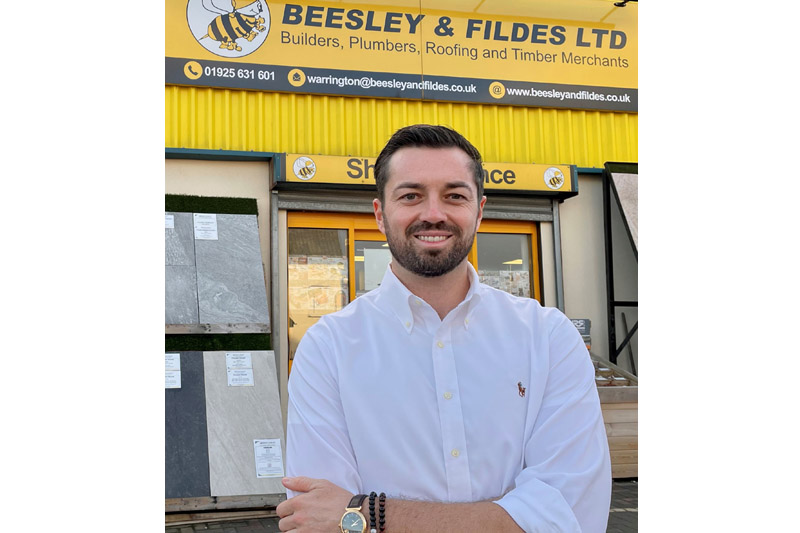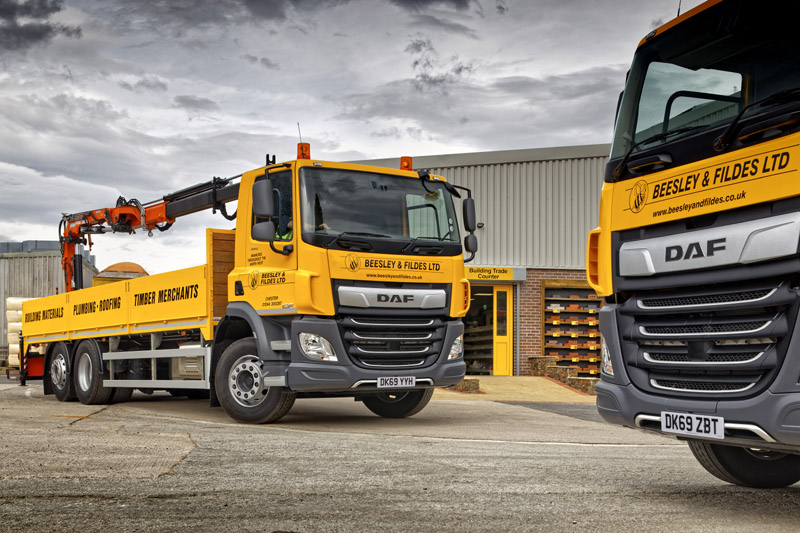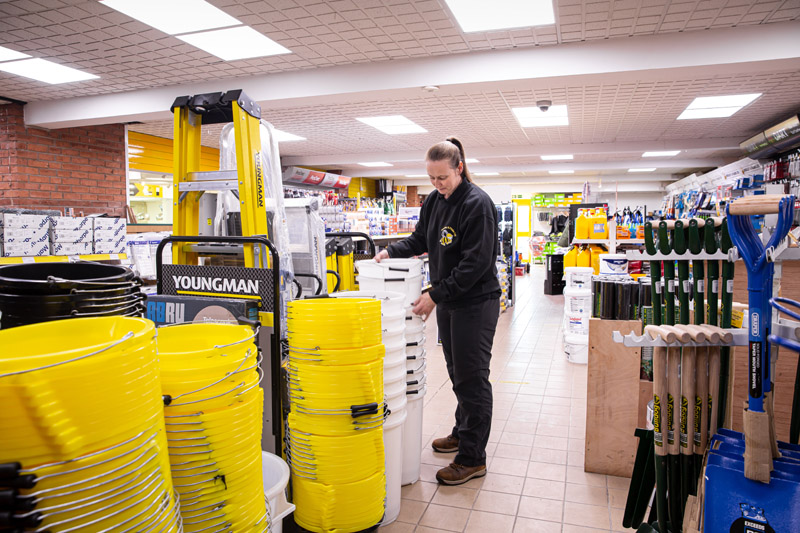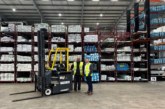
PBM puts the questions to James Beesley, Commercial Director at leading North West-based independent, Beesley & Fildes.
Q: What have been your top business takeaways from the pandemic, and are there any trends that have been accelerated or become more embedded as a result of the Covid experience?
A: We have definitely seen behaviour change from customers since the start of the pandemic. Changes were initially prompted by working around the challenges of lockdown and supply chain issues but have now become longer term trends — and we have adapted quickly and substantially to respond.
Online sales are up for example, tripling in the space of 12 months without any proactive marketing, so there is huge potential for us to grow this channel further and we’ve been investing in improved SEO and the user experience of our website to capitalise on that.
We’re also going to increase the range that’s available to order online and introduce a click and collect service, which will connect the online experience with footfall in our branches, aiding cross-selling opportunities and building on the personal, service-driven approach at the heart of customer loyalty.
Another trend that is contributing to grow has been the number of orders we’ve seen from outside the North West. We have 11 branches in Greater Manchester, Merseyside and Cheshire but we’ve been receiving orders from London and the South because we can offer availability and pricing they haven’t been able to find locally, with delivery direct to site.
As we continue to develop our online channel, this extended geographical reach will be another long-term trend.

Q: During the pandemic and the lockdown DIY boom, it seemed as though a number of merchants were more actively targeting retail customers. Is this a particular target area for the business?
A: Our core business is trade but we have seen more footfall from retail customers, both for our kitchen and bathroom showrooms and more generally in the branches. It’s a different type of customer that wants to browse and needs advice, as opposed to busy tradespeople who usually know what they need and want it as quickly as possible.
One related trend we’re seeing is tradespeople asking their customers to purchase the materials for projects, allowing them to quote on the work alone. This is being driven by price uncertainty, which is making jobs difficult to quote accurately if materials are included.
We’re putting measures in place to support retail customers as a result, such as a member of the team on the landscaping section to talk retail customers through the products, but our main focus will remain on trade customers.
“Another trend that is contributing to grow has been the number of (online) orders we’ve seen from outside the North West. We have 11 branches in Greater Manchester, Merseyside and Cheshire but we’ve been receiving orders from London and the South because we can offer availability and pricing they haven’t been able to find locally, with delivery direct to site.”
Q: How important is the issue of sustainability, both for the business itself and supporting customers with more ‘eco-friendly’ product solutions?
A: Every business has a responsibility to consider sustainability across all their operational decision-making and we are committed to driving down our carbon footprint. For example, the biomass generator at our Widnes branch uses discarded pallets as fuel and generates enough heat and hot water for six departments.
We have extensive recycling in place, have invested in electric vehicles for company car users and have a few initiatives in the pipeline.
We’re also offering a wider range of eco products to customers but our decisions on what to stock are driven by demand, so we will continue to balance eco choices with selecting products that are practical and commercially appropriate for our customers.
Q: With recruitment and staff retention such an important issue for the sector, what is Beesley & Fildes’ philosophy in terms of attracting and supporting the right talent across the business?
A: Our aim is not to give people a job at Beesley & Fildes, but to give them a career here. What that means in practice is offering people the opportunity to set their own career goals, enabling them to move across branches and departments and providing the training they need to achieve their full potential.
For example, we are currently putting in place BMF training for members of the team at assistant branch manager level and above to prepare them for their next step up. At the other end of the career ladder, we’re continuing to invest in apprentices to train the talent we need as we continue to grow and attract young people into our business and our industry.
Q: Are there any plans in place for further branch expansion or any other key initiatives in 2022?
A: We’re always open to new opportunities to broaden our branch network but it has to be the right opportunity in the right location. Meanwhile, our new distribution centre will be operational by Easter, giving us greater supply chain resilience and capacity as we continue to grow, and we’re building on our civils capabilities — in fact, we’ve just made a new hire in civils with 15 years’ experience in the sector, to help us grow in that market.
Q: In a market home to a number of national chains and a sizeable amount of private equity finance, what are the particular challenges for a large but still family-owned, independent regional business?
A: As an independent business we are much more agile than the nationals and we have a culture of building personal, service-oriented relationships with customers, which has helped us nurture the kind of customer loyalty that larger companies can only dream of.
Price volatility and supply chain reliability continue to be issues across the industry and we don’t have the buying power of a national player, however, we are investing — both with our distribution centre and our online channel, to overcome these challenges — while still leveraging the can-do, pragmatic approach that has kept customers returning to us and recommending us for generations.
Q: And finally, how important is it to maintain an active community presence through supporting local organisations?
A: Most of our team and our customers live in the communities close to our branches, so being part of those communities has always been important to us because they play a huge role in our success. We support a number of local charities and groups, nominated by members of staff; it’s an integral part of our CSR.










